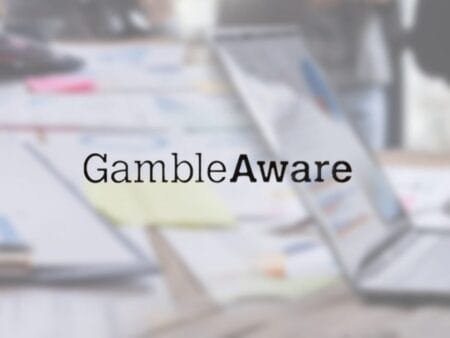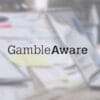Unibet Ordered to Disclose Transaction Data in Dutch Court Case
The Amsterdam District Court has ordered Unibet in summary proceedings to provide a player with access to his transaction history on the gambling site from the period before the legalization of the online gambling market in the Netherlands. The ruling marks a new step in a series of lawsuits through which gamblers are trying to recover losses from the period before October 1, 2021.
The summary proceedings against Unibet were initiated by lawyer Benzi Loonstein on behalf of one of his clients. According to Loonstein, Unibet refuses to provide transaction overviews, while several courts have already ruled that gambling agreements between players and online casinos from the period before the legalization of online gambling are void. Affected gamblers can try to recover their losses based on this.
Loonstein is conducting multiple summary proceedings on behalf of various clients against Unibet to still obtain the necessary overviews containing the transactions. A previous summary proceeding was canceled at the last moment after ex-footballer Tom Beugelsdijk received the desired information from the gambling company. Now, however, the court has explicitly ruled in a new summary proceeding in which Unibet was ordered to provide the transaction overviews.
According to estimates by the gambling lawyer, approximately 8,000 players want access to their Unibet transactions in order to reclaim their losses. If every player is actually proven right and gets the money back, Unibet alone could face claims worth hundreds of millions of euros, Loonstein told De Telegraaf.
In addition, a broader mass claim is running via Loonstein’s platform, CasinoClaim, against several online casinos that were active on the Dutch gambling market without a license before October 1, 2021. According to the lawyer, the recent verdict could be an important boost for this procedure.
Acquisition of Unibet’s Parent Company
A complicating factor in the lawsuits is the recent acquisition of Unibet’s parent company, Kindred Group, by the French FDJ United. During the hearing, it was suggested that there would be a risk that Unibet might be placed in a separate empty company in order to avoid claims. However, Loonstein believes that this has little chance of success, because FDJ United, as the new owner, remains responsible for past debts.
In addition, FDJ is financially healthy; financial figures from a year ago show that the gambling company achieved a net profit of almost €400 million. A spokesperson for the French company told De Telegraaf that they did not want to make any substantive statements about the verdict, because FDJ United was not formally a party to the summary proceedings.
Preliminary Questions
Although various courts have now ruled that gambling agreements without a license may be void, the legal battle has not yet been definitively settled.
The Amsterdam and North Holland courts have jointly submitted six preliminary questions to the Supreme Court regarding the legal validity of gambling agreements that were concluded before the legalization of online gambling in the Netherlands. These are the following questions:
Preliminary Questions
- Did the Wok (Betting and Gaming Act) initially intend to affect the validity of legal acts that conflict with it?
- Has the intention – after initially being present – been lost, under the influence of social developments and/or in view of the enforcement policy of the Ksa (Netherlands Gambling Authority)? Should a distinction be made here between providers of games of chance who were on the ‘gray list’ of the Ksa and other providers?
- Is a gambling agreement between a consumer residing in the Netherlands and a provider of games of chance on the internet who does not have a license within the meaning of the Wok a void agreement within the meaning of Article 3:40 of the Dutch Civil Code?
- Does it matter for answering question 3 whether the gambling provider met the prioritization criteria of Ksa?
- If the answer to question 3 is affirmative, what are the legal consequences? Is a claim for reimbursement of the loss suffered on the grounds of undue payment admissible?
- Is it important for answering the above questions that a gambling provider, such as TSG, according to its own statement, limits its services to offering players an online opportunity to play against each other? And if so, does that have consequences for what a player can reclaim from the gambling provider as unduly paid?
The answers from the Supreme Court could be crucial for the further outcome of the claims that are currently running.
At the same time, it is not the case that all cases have so far been decided in favor of the gamblers. For example, a player lost a lawsuit against Bwin at the end of May 2024. The Zeeland-West-Brabant court ruled that Article 1, paragraph 1 under a of the Betting and Gaming Act (Wok), the prohibition to offer games of chance without a license, had lost its purpose. As a result, the claim of more than €94,000 was rejected.
Stay ahead of the curve in the fast-paced online casino world – explore the latest updates and trends at listofallcasinos.com.










